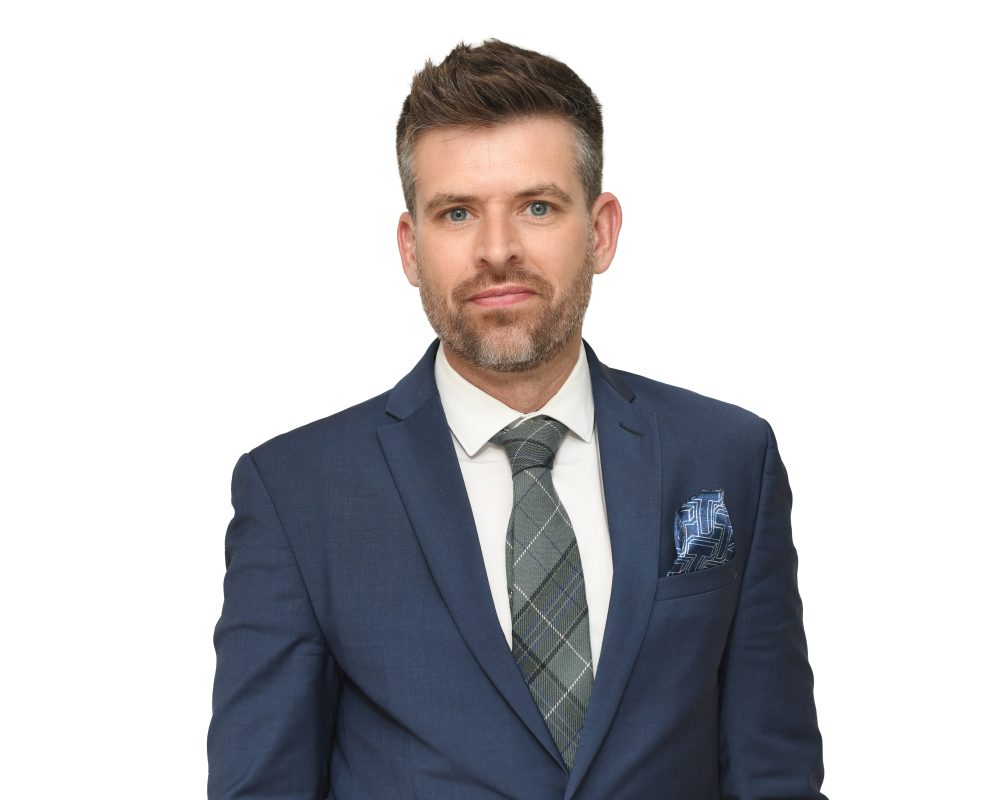Recent research shows that innate talent plays a minor role in developing prodigious abilities. Deliberate practice, motivation and master coaching are key to building experts, says Steve Arnold, Corporate Head of Gifted and Talented for GEMS Education
Mozart, Serena Williams, Einstein, Michael Jordan and Marie Curie… what comes to mind when you read the names of these famously gifted people? I assume it’s the same story that society has told and retold about gifted people for generations: the story of prodigious individuals, born special, waiting for the chance to let their superhuman powers amaze us all.
We look at the performances of gifted people and gasp in astonishment. We cannot begin to imagine ourselves performing such feats of greatness. How does the brilliant musician create such wondrous melodies with deft, subtle movements of her fingers? How does the athlete turn his sport into an art form with timing, skill and grace? How does the engineer transform mathematical equations into magnificent modern architecture?
They must surely have been born special, right? They are just different from the rest of us.
When confronted with giftedness, it’s difficult to remain objective and focus on the facts. Yet that is precisely what we must do when considering where giftedness comes from. Most of us generally only see the finished product when it comes to high performance; we rarely see the origins. It’s for this reason that we tend to hold onto the notion that some of us are simply born with special talents and therefore destined to achieve great things.
Thankfully, we are beginning to see the objective evidence, and the real story is stepping out from behind the mythical shadow. It turns out that these gifted individuals aren’t so different from the rest of us after all. In fact, they are exactly like us.
When considering the source of giftedness, we would do well to study what US author Dan Coyle calls ‘hot-beds’ of talent – places that produce unusually large numbers of gifted people. For his book, The Talent Code, Coyle looked at tennis players in Russia, footballers in Brazil, and musicians from the famous Meadowmount School. He found three things that contributed to the overabundance of genius in these places: deliberate practice, motivation, and master coaching.
In fact, the wealth of recent research into talent development and giftedness is telling us that innate talent (what we are born with) has less and less significance when developing prodigious talent. It may be as low as 10% for many areas of human endeavour, and even less when it comes to cognitive-based pursuits. Far more consequential is our environment and how hard we work.
This point is underlined by the research of Anders Ericsson, probably the most formidable voice on the subject. He concludes unequivocally that, ‘Consistently and overwhelmingly, the evidence shows that experts are always made, not born.’
From the perspective of an educator, this is both instructive and inspiring. It suggests that our classrooms are full of untapped potential and talent in any given field of human endeavour. Put simply, we have schools full of dormant genius just waiting for the right conditions to awaken and flourish.
While this is incredibly inspiring, it’s also a little daunting. What are we to do with this modern understanding of giftedness? We need only turn back to Dan Coyle’s research on talent development. There are only three things we need to build an expert: deliberate practice, motivation, and master coaching. Our schools are ideally placed to provide all three.
Teachers in schools need to become vigilant for signs of talent and passion when they arise. They must employ high-quality teaching and learning techniques to encourage and nurture these, with students given the time and space for deep practice and deliberate learning. Teachers then need to provide a crystal-clear view of where students are now, where they’re going, and what steps need to be taken to reach their desired destination.
For me, things could not be clearer: once we adopt the stance that we are floating on a sea full of talent, we need only to start catching the wind in our sails.








